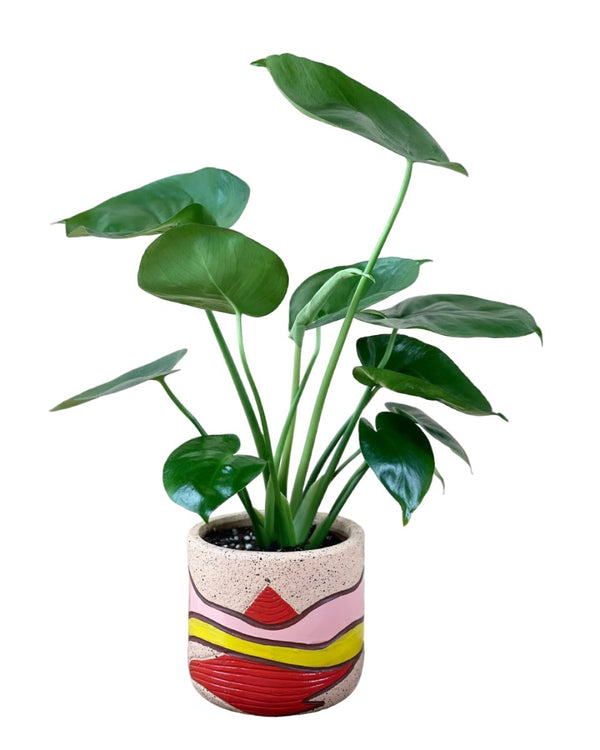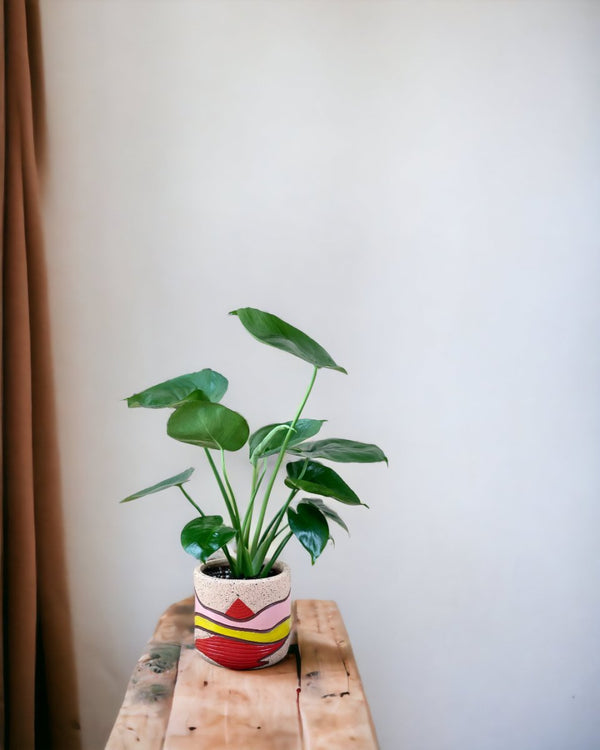Monstera plants are known for their natural leaf holes with Monstera deliciosa and Monstera adansonii as the most popular species in the houseplant community. They are low-maintenance and stunningly beautiful, making them a perfect indoor display and companion.
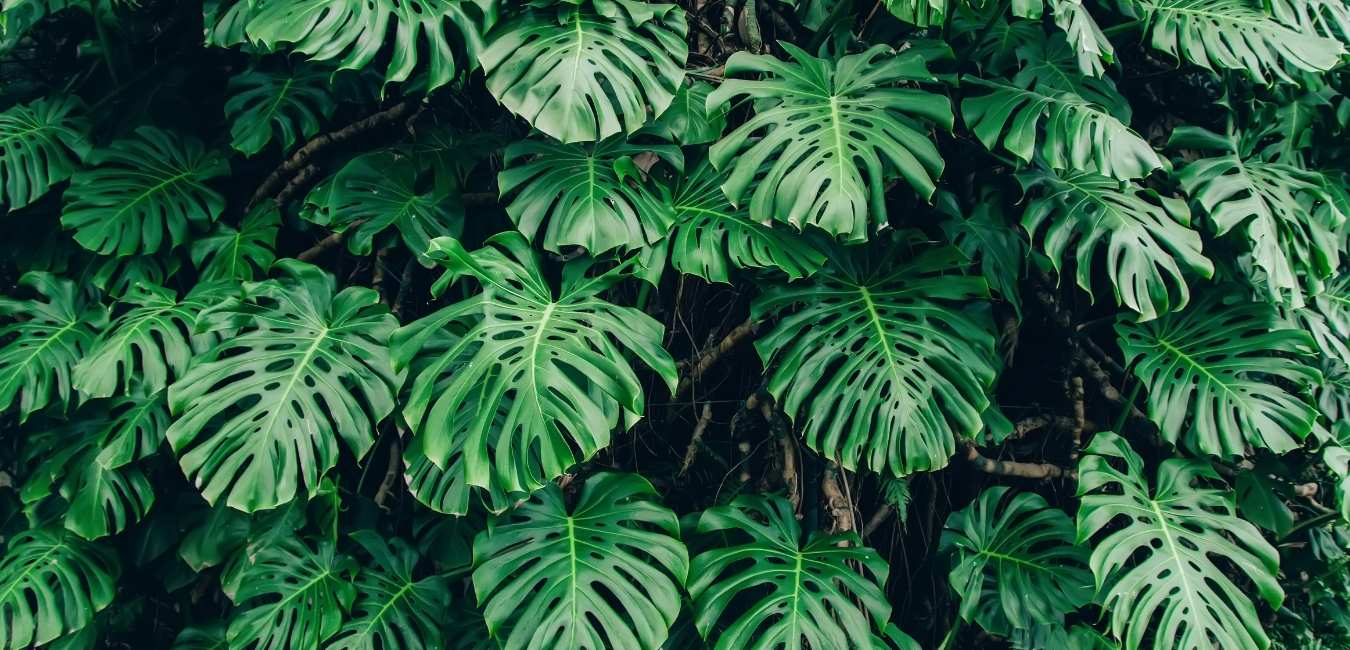
MONSTERA
Varieties from our listing
Interested to buy a plant from this group?
See what we have available HERE
Below is a general care guide for Monstera plants which can slightly differ depending on variety.
Light & Temperature
Monstera plants can tolerate low light but they will grow faster and develop large, robust leaves in medium to bright, indirect light. It is not suited for intense, direct sun but can be acclimatised to adapt to it.
These plants prefer normal room temperature but since they are naturally from tropical rainforests, a similar humid environment will make this plant feel right at home and grow healthier.
Watering, Humidity & Misting
Water your Monstera plant when the first couple of inches of the plant have dried out. Water more often in brighter light conditions and less frequent in lower light. Monsteras will appreciate filtered water or overnight water. Normal room humidity will do but occasional misting will help especially in particularly dry indoor areas.
Soil and Repotting
Use a standard well-draining houseplant potting mix. Monsteras grow relatively fast. If your monstera does well and grows consistently, repotting will have to be done about once every two years. You can also choose to prune it back to a size that you prefer instead of repotting.
Propagation
The easiest way is to propagate a Monstera is when it starts to grow aerial roots. Simply cut off the stem below the aerial root and put it into water. Once it grows healthy amount of roots, it is ready to be planted in soil.
Fertiliser
The Monstera is a light feeder and will do well with occasional feeding. Use a balanced fertiliser formulated for houseplants. Follow the directions on the label of our Down to Earth. organic plant food.
Toxicity
Monstera plants are toxic if ingested and should be kept out of the reach of children and pets. The sap of the stems and leaves can cause indigestion and vomiting.
Possible Issues
Under the right care and conditions, your plant will grow happy and healthy. But here are some issues you may encounter while caring for a Monstera:
Mealybugs, spider mites and scales - When spotted, carefully and thoroughly clean the leaves and stems with soapy water.
Leaf drop - Monsteras will naturally drop older leaves to be able to provide the new stems and leaves with sufficient nutrients. In most cases, there is nothing wrong with gradual dropping leaves.
Yellowing leaves - This is due to overwatering. Cut back in your watering frequency and allow the soil to partially dry out before watering again.
Brown leaf edges - Usually caused by underwatering, check whether the soil is dry and water generously if necessary.
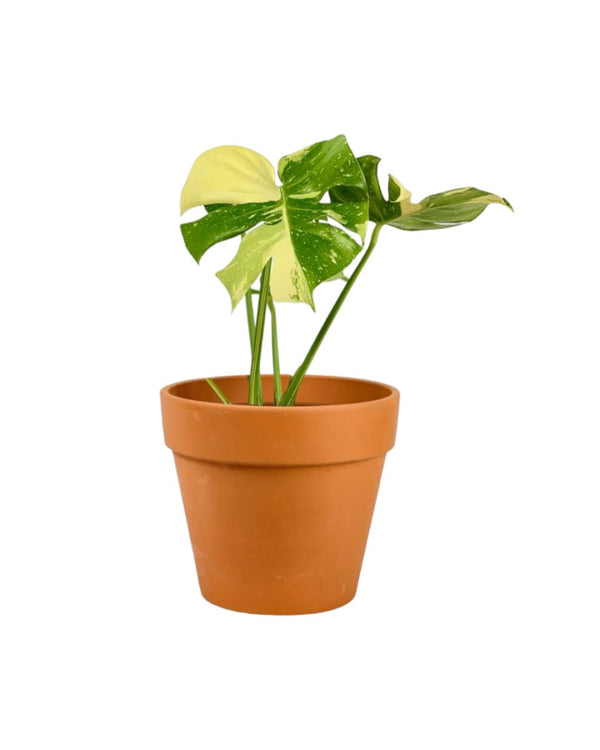
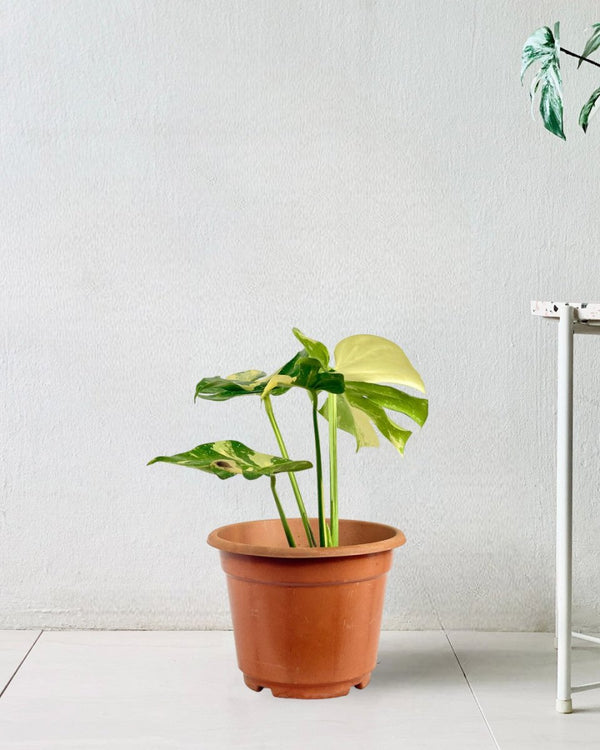
- Regular Price
- from $180.00
- Sale Price
- from $180.00
- Regular Price
- Unit Price
- per
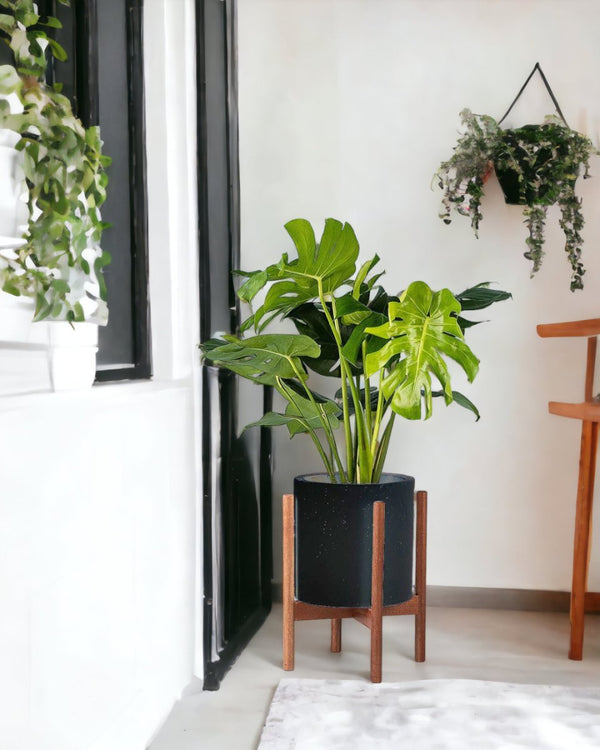
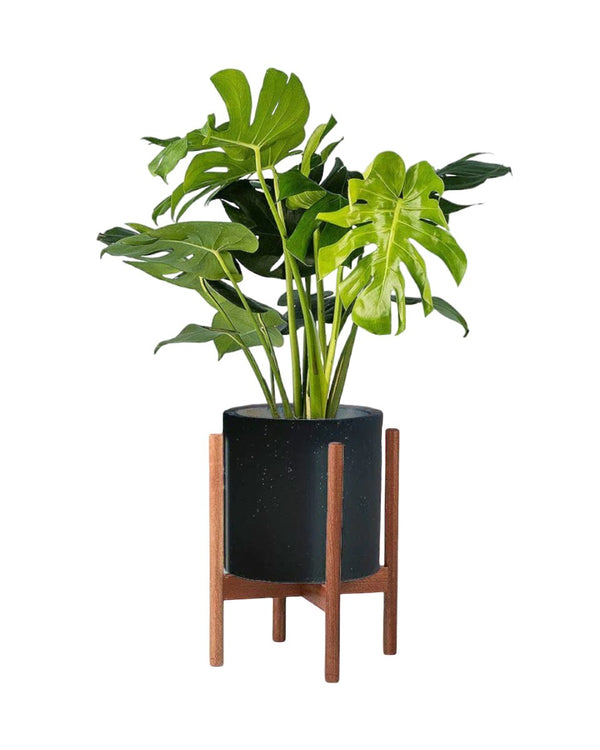
- Regular Price
- from $55.00
- Sale Price
- from $55.00
- Regular Price
- $150.00
- Unit Price
- per
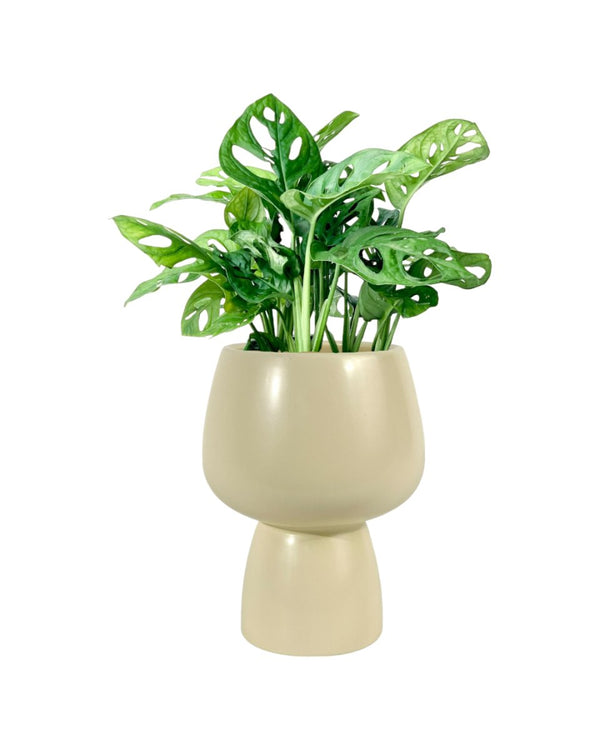
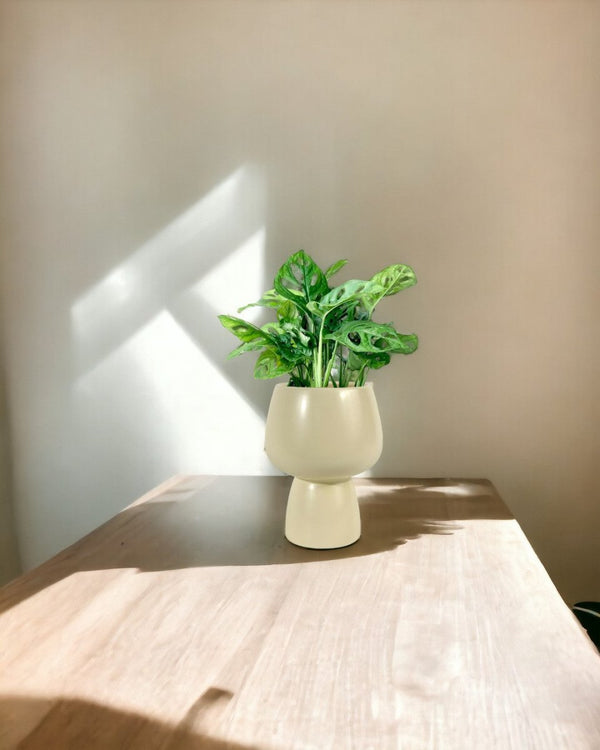
- Regular Price
- from $18.00
- Sale Price
- from $18.00
- Regular Price
- Unit Price
- per
